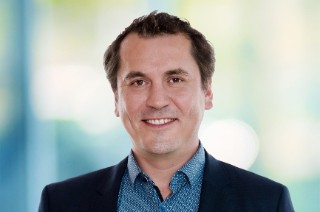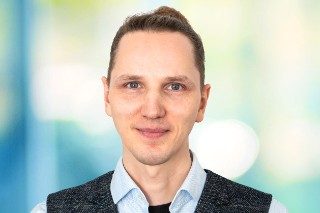Innovative fibers: sustainable and efficient
The Fiber Technology department at the Fraunhofer IAP is at the forefront of the development of fibers and films for technical and textile applications. Our expertise and our modern facilities for solution and melt spinning on a laboratory and pilot plant scale enable us to develop customized solutions for your specific requirements.
We rely on the use of sustainable biopolymers such as cellulose, lignin, proteins or polylactide to create innovative and environmentally friendly materials. With our outstanding expertise in the development of efficient and resource-saving spinning technologies, we generate optimal material properties and offer you innovative solutions for your individual applications.
Thanks to our extensive analytical capabilities for structural characterization, we can elucidate specific process-dependent structure-property relationships. These valuable findings are directly transferred to the development of customized man-made fibers that meet your specific requirements.
Benefit from our extensive expertise! Together we will find the optimum solution to take your company to the next level.





